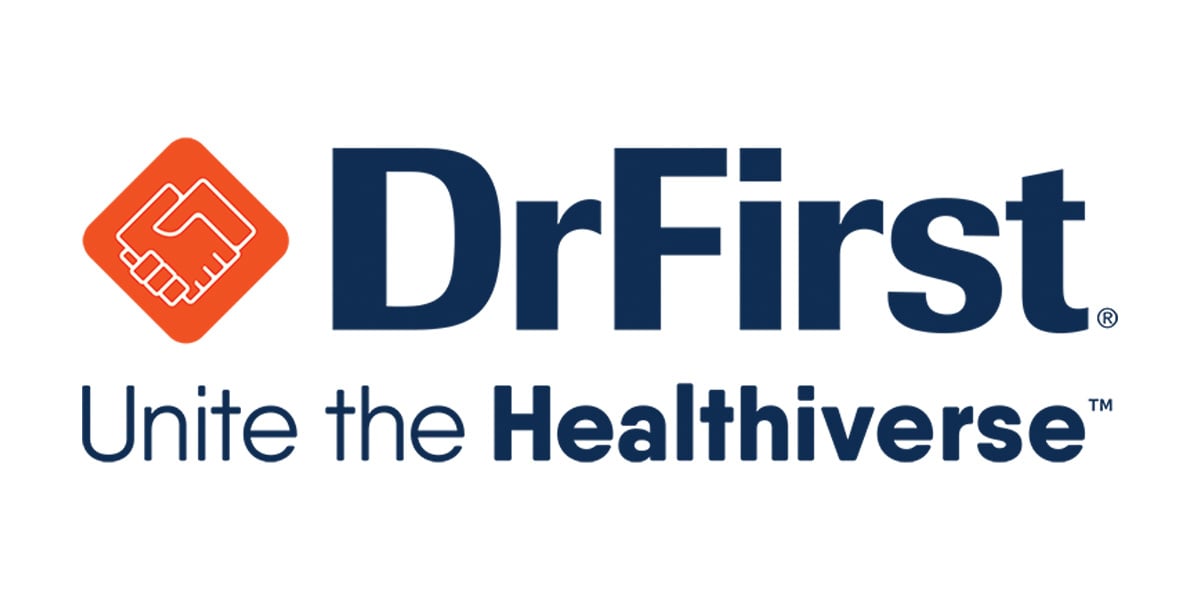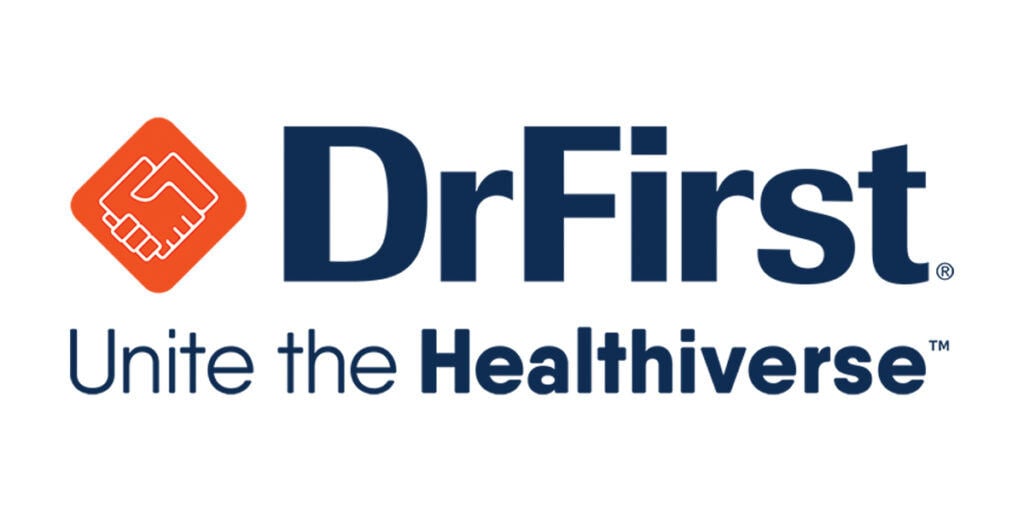Integrated workflows ease staff burden and satisfy regulatory mandates.
Many Americans Turning to At-Home Remedies to Avoid an ER Visit During the Pandemic, New DrFirst Survey Reveals


July 31, 2020
Many Americans Turning to At-Home Remedies to Avoid an ER Visit During the Pandemic, New DrFirst Survey Reveals
A third of Americans also admit to snooping in other people’s medicine cabinets
ROCKVILLE, MD — July 31, 2020 – About 41% of Americans have turned to at-home remedies to avoid a trip to the ER or urgent care center during the pandemic, according to a new survey released today by DrFirst, a health technology company and creator of the award-winning iPrescribe mobile app that enables healthcare providers to easily write electronic prescriptions anywhere anytime.
The survey of more than 1,000 U.S. adults, looked at what kinds of at-home remedies Americans are using to avoid hospital visits during the pandemic, how many have been issued new prescriptions, and how doctors are writing those prescriptions.
“It’s not surprising that Americans are going out of their way to avoid hospital visits during the pandemic, but it’s shocking how many providers are still submitting prescriptions by phone, fax and paper,” said DrFirst VP of Clinical Solutions Dr. Colin Banas, M.D. “Many physicians are managing their patients remotely with telehealth, which makes e-prescribing an especially useful tool. However, the importance of e-prescribing is just as critical with traditional healthcare visits and has been long recognized as safer for patients and more efficient for physicians and pharmacists. That’s why the large numbers of physicians who are still not e-prescribing all the time is concerning.”
Prescriptions in a Pandemic
The DrFirst survey finds that about a third (33%) of Americans have been prescribed a new medication during the pandemic.
However, almost half (48%) of these say their doctor did not use an e-prescribing system to write the prescription. Instead, 14% were mailed a paper prescription, 22% say their doctor called the pharmacy, and 12% say their doctor faxed the pharmacy.
Eighty-four percent of Americans say that they’ve failed to either fill or refill at least one prescription in the past 12 months. The medications they say they did not fill include:
- Sleep medication (35%)
- Anti-anxiety or antidepressants medication (34%)
- Antibiotics (27%)
- Birth control (22%)
- Controlled substances containing opioids (21%)
- Medication for erectile dysfunction (19%)
Many people did not take some of their medicines, even after filling the prescriptions. In fact, almost a quarter of Americans say that they have a medication that they did not take in the past 12 months. The top reasons they give for not taking all their prescribed medications include:
- They are taking too many other medications (30%)
- They don’t think they need the medication or feel better without it (28%)
- They can’t afford it (24%)
- The pills are too big to swallow (20%)
Americans Turn to At-Home Remedies
About a quarter of Americans say they’ve had trouble reaching their healthcare provider during the pandemic. Additionally, 41% say they’ve taken at-home remedies to avoid a visit to the ER or urgent care during the pandemic.
The most common at-home remedies Americans are using during the pandemic include:
- Muscle pain relief, like Tiger Balm, Biofreeze, Arnica or IcyHot (41%)
- Anti-itch treatment, like hydrocortisone, Benadryl, or calamine lotion (40%)
- Ointment to treat a burn, like Neosporin, Aquaphor, aloe, or Vaseline (37%)
- Splints, braces, or Ace bandages (26%)
- Essential oils and other homeopathic remedies (23%)
- CBD oil for pain management or anxiety (21%)
- Medical marijuana (18%)
Men (45%) were more likely than women (35%) to say they’d tried an at-home remedy to avoid visiting the ER or urgent care. Older Americans (aged 55 and up) were least likely to do so—85% hadn’t tried an at-home remedy to avoid the hospital.
A third of Americans (33%) admit that they’ve snooped in other people’s medicine cabinets. “It seems that voyeurism is alive and well. Perhaps this is driven by our curiosity to find out more about each other, especially regarding things we may not be comfortable asking about,” Dr. Banas speculated.
DrFirst commissioned the survey as part of its ongoing efforts to explore consumers’ attitudes and behaviors related to healthcare technologies. DrFirst’s iPrescribe mobile app earned the 2020 MedTech Breakthrough Award for Best New E-Prescribing Solution. The app is simple to use and offers premiere features, including patients’ medication histories, alerts for drug interactions and allergies, real-time access to patients’ benefits and copay information, and its Patient Finder tool that pre-populates the app with relevant data. iPrescribe can be used as a supplement to clinicians’ EHR and EMR systems, so they can easily e-prescribe wherever they are, even if they are away from their offices and don’t have convenient access to these systems.
Survey Methodology
A national online survey of 1,002 US GenPop consumers, ages 18+ was conducted by Propeller Insights on behalf of DrFirst, between June 16 and June 19, 2020 with a maximum margin of sampling error of +/- 3 percentage points at a 95 percent level of confidence.
About DrFirst
Since 2000, DrFirst has pioneered healthcare technology solutions and consulting services that securely connect people at touchpoints of care to improve patient outcomes. We create unconventional solutions that solve care collaboration, medication management, price transparency, and adherence challenges faced in healthcare. We unite the Healthiverse—the interconnected healthcare universe—by providing our clients with real-time access to the information they need, exactly when and how they need it, so patients get the best care possible. DrFirst solutions are used by nearly 300,000 healthcare professionals, including more than 100,000 prescribers, nearly half of the EHRs in the U.S., and more than 1,400 hospitals in the U.S. and Canada. To learn more, visit DrFirst.com.
Media Contact:
Laura Ruark
laura@bospar.com
540.599.7886

